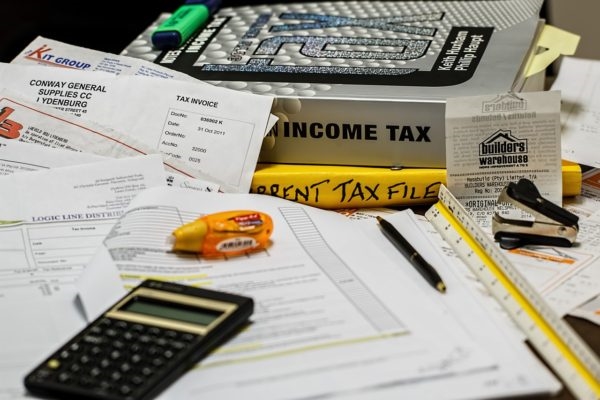— September 18, 2019

stevepb / Pixabay
If you are one of the millions of taxpayers who have filed for a tax extension in 2019, the October 15th deadline is just around the corner. Fraudsters may have attempted to steal your identity and tax information throughout the year using a number of IRS tax fraud scams, and filing for an extension leaves you vulnerable to tax fraud for an extended amount of time. Keep an eye out for signs you are a victim of tax identity theft and take the appropriate steps to protect your tax information.
Tax Refund Fraud Fact and Figures
Following are some startling tax refund fraud statistics released by the United States Internal Revenue Service (IRS):
- As of February 2019, the IRS reportedly identified 3,529 false tax returns with approximately $ 15.8 million claimed in refunds, preventing the issuance of $ 12.2 million (77%) in fraudulent refunds.
- Additionally, the IRS identified and confirmed 3,741 fraudulent tax returns involving identity theft as of February 28, 2019.
With significant data breaches in the news for many years now, and the fact that one out of every three people involved in a data breach becomes a victim of identity theft, we should all be on high alert. Remember, too, that once you become a victim of identity theft, you’re more likely to be a victim again in the future, which is why vigilant and proactive monitoring of your sensitive information, credit reports, and digital accounts is so important.
7 Tips to Protect Yourself Against Tax Fraud
Here are seven tips provided by the IRS that can help minimize your risk of becoming a victim of tax fraud:
- Don’t share your Social Security number (SSN) with any business or website. Share only when required, such as to complete your tax filings, through verified, secure connections.
- Protect your personal and financial information by not carrying your Social Security card or other sensitive information in your wallet or purse.
- Check your credit report every 12 months and place a credit freeze when necessary.
- Securely store personal information and documents in your home, including past tax returns, and do not write down passwords.
- Protect your personal computers by using firewalls, anti-spam/virus software, update security patches, and continuously update passwords for Internet accounts.
- Don’t share personal information over the phone, through the mail or on the Internet unless you have initiated the contact, or you are sure you know who you are dealing with.
- Be aware of employment-related identity theft, and watch for suspicious requests to verify unreported income, unexpected tax documents, or notices of benefits being denied, or wages being adjusted, for unknown reasons.
Business & Finance Articles on Business 2 Community
(12)








